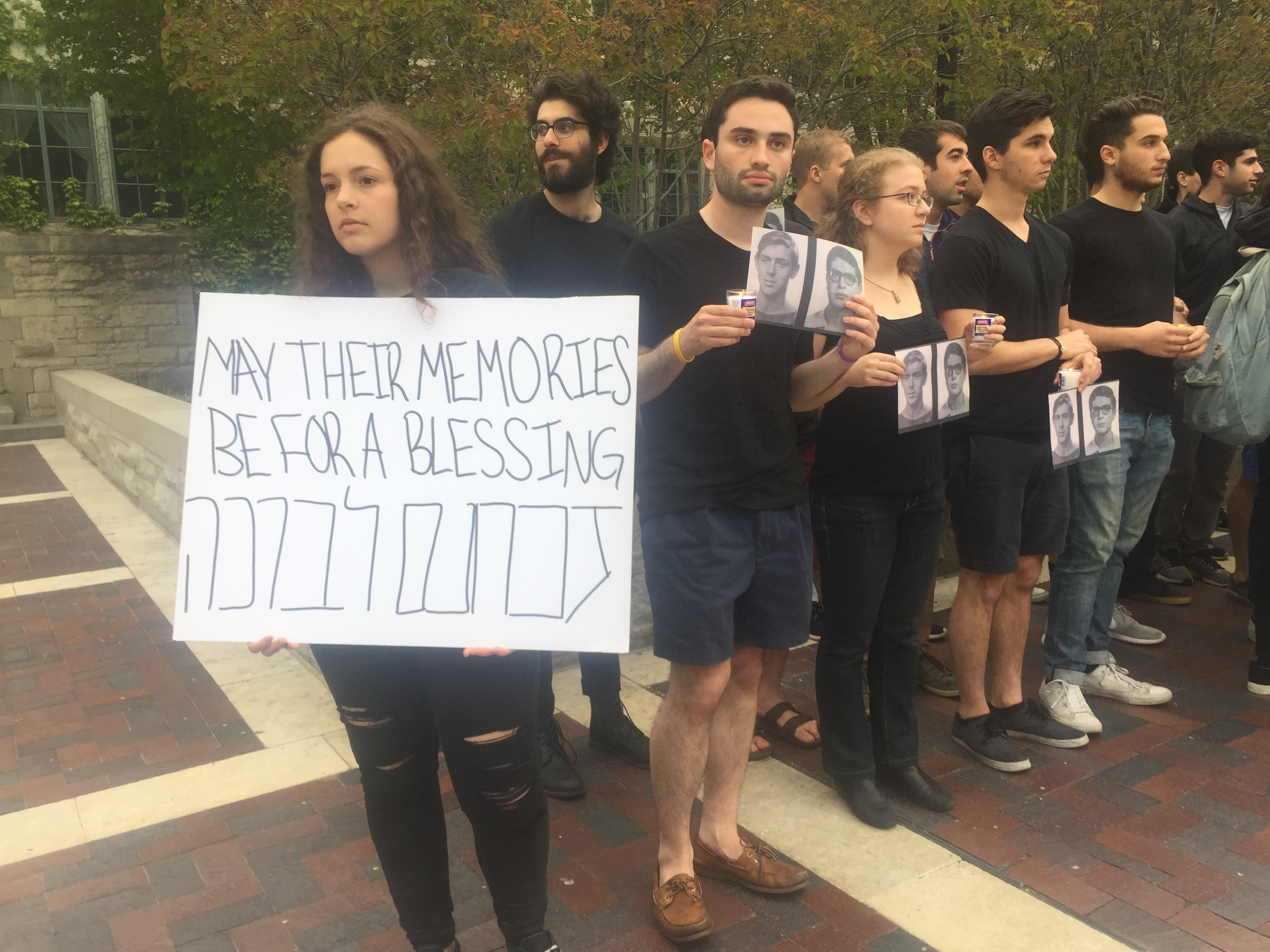In 1970, Rasmea Odeh was convicted of terrorism for a bombing she confessed to carrying out. She later claimed she was tortured into confessing. On Monday, she spoke at at Northwestern.
Like most aspects of the Israeli-Palestinian conflict, competing narratives surround Odeh’s conviction. One narrative is that Odeh confessed, was convicted and was also an alleged member of the Popular Front for the Liberation of Palestine, the organization that claimed responsibility for the bombing. An observer who attended the trial from the International Red Cross deemed it fair. At her trial, evidence was also presented that police found bomb-making equipment in her room. Odeh and her supporters claim, however, that the Israeli military tortured and sexually assaulted her to coerce a confession for a crime she did not commit. They also add that the rate of conviction of Palestinians in Israeli military courts is, in some reports, over 99 percent.
Needless to say, Odeh remains a controversial figure in the Israeli-Palestinian conflict. Hillel, J Street U and Wildcats for Israel held a vigil in response to her speech on campus. According to Wildcats for Israel President Jake Stein, the purpose of the vigil was to honor “the two Israelis that Rasmea Odeh killed.”
“We felt that bringing a convicted terrorist to campus crossed the line of challenging to becoming something that could feel threatening to members of the campus community,” Hillel President Samantha Max said of her organization’s decision to attach its name to the vigil.
Vigil organizers also stressed that they respect SJP’s right to free speech and did not want to disrupt their event in any way.
Marcel Hanna, the president of Students for Justice in Palestine, the group that organized Odeh's speech, had a different perspective, noting that the vigil took place on the Nakba, or anniversary commemorating the fleeing or expulsion of Palestinians from their homes in 1948. “You cannot be selectively outraged,” he said. “If you actually cared about victims of oppression you would also care about Rasmea and you would also care about … thousands of Palestinians that were killed.”
University spokesman Bob Rowley handed out a statement that reads in part, "Student groups at Northwestern regularly invite speakers whose views are controversial. These invitations by student groups should not be interpreted as meaning that the University endorses those speakers or their views."
The vigil, which lasted about 35 minutes, was completely silent. Over 100 students, faculty, and other community members attended the event, including President Schapiro. Many attendees held signs with the faces of the bombing victims or candles.
"It means a lot to see so much support from such a diverse array of students and student groups coming together to mourn the victims." Stein said.
Editor’s note: Samantha Max has previously served as features editor for North by Northwestern.
